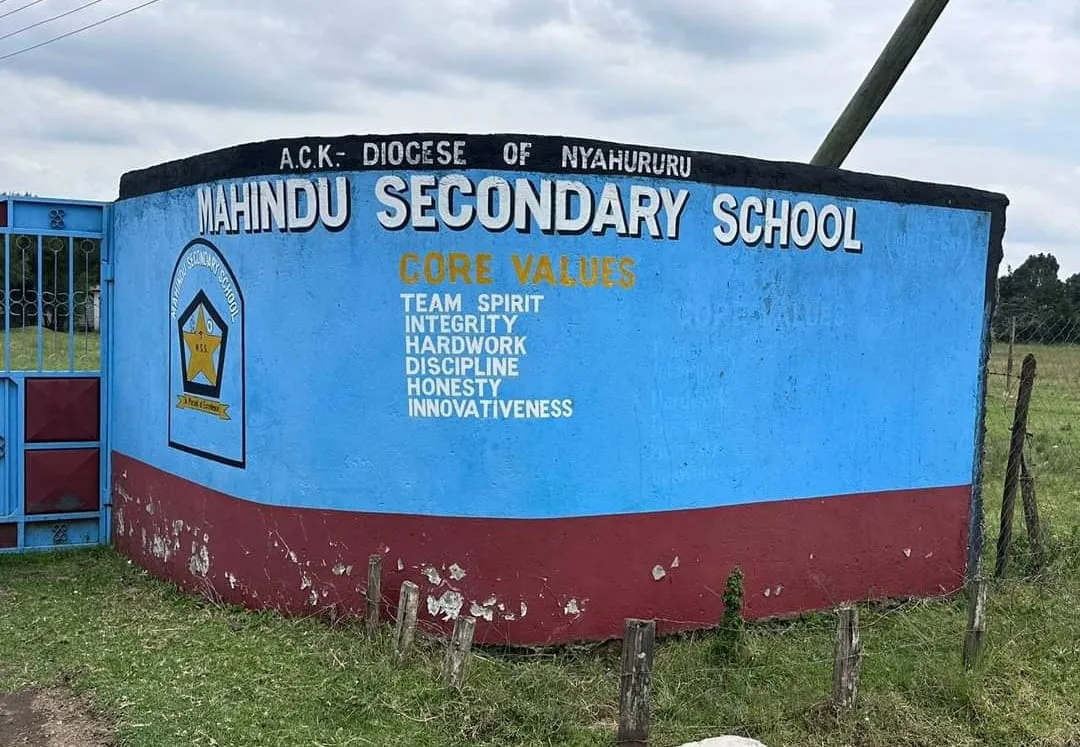Transforming Waste Into Fuel: How Biogas Is Changing Kenyan Schools.
Mahindu Secondary School in Nyandarua County, like many others in Kenya, has struggled with accessing affordable and reliable energy. Traditional energy methods not only incur high costs but also pose significant environmental challenges.
However, an innovative project utilizing lavatory waste as a source of clean energy is changing this narrative.
Nyandarua County, known for its water retention areas, often faces issues with sanitation. The school’s toilets frequently overflow due to the high water table, especially after rainfall.
These conditions not only compromised hygiene but also created an unpleasant environment for students. Previously, maintaining the toilets cost the school a significant amount, with students enduring odors and unsanitary conditions daily.
| Challenge | Impact |
|---|---|
| Overflowing toilets | Poor hygiene and odors |
| High maintenance costs | Frequent need for expensive exhaust services |
| Dependency on firewood | Environmental degradation and high expenses |
Introducing the Biogas Project
A new biogas project, funded by the National Government Constituencies Development Fund (NG-CDF), is offering a sustainable solution to the school’s sanitation and energy challenges. This system uses lavatory waste as raw material to generate biogas, providing an eco-friendly and cost-effective alternative.
One staff member explained the situation before the project: The school spent approximately KSh 168,000 to KSh 188,000 annually on exhausting toilets.
In one instance, the toilets were emptied in the morning, only to fill up again after an afternoon rainstorm, rendering KSh 58,000 wasted. This problem has now been eliminated, thanks to the new system.
The biogas project is significantly reducing costs for the school. Previously, the kitchen consumed three lorry-loads of firewood per term, costing around KSh 90,000.
Now, only one lorry-load is needed, cutting expenses by two-thirds. Additionally, this initiative aligns with Kenya’s national goal of planting 50 billion trees to combat climate change.
| Cost Comparison (Per Term) | Before Biogas | After Biogas |
|---|---|---|
| Firewood Expense | KSh 90,000 | KSh 30,000 |
| Toilet Maintenance | KSh 168,000–188,000 | Negligible |
A staff member emphasized, if the reliance on firewood continued, it would contradict government efforts to reduce deforestation and meet environmental targets.
Wider Implications: A Model for Sustainability
The biogas project not only addresses sanitation and energy concerns but also provides an educational opportunity for students to learn about sustainable practices.
The government, which launched an initiative last year to phase out firewood in schools, envisions a future where such projects become the norm.
Read Also: Over 14,500 Classrooms Completed for Junior Secondary Learners – CS Ogamba
The school’s headteacher remarked that adopting this technology has alleviated financial strain and improved hygiene.
“The money previously spent on exhausting toilets is no longer wasted. Instead, we’re investing in a cleaner, greener future.”
As the world grapples with the effects of climate change, community-based initiatives like this biogas project offer practical solutions. Mahindu Secondary School serves as a shining example of how innovation can transform waste into a valuable resource, paving the way for a more sustainable future.
Transforming Waste Into Fuel: How Biogas Is Changing Kenyan Schools.
Follow Teachers Updates on Facebook, LinkedIn, X (Twitter), WhatsApp, Telegram, and Instagram. Get in touch with our editors at [email protected].


Discussion about this post